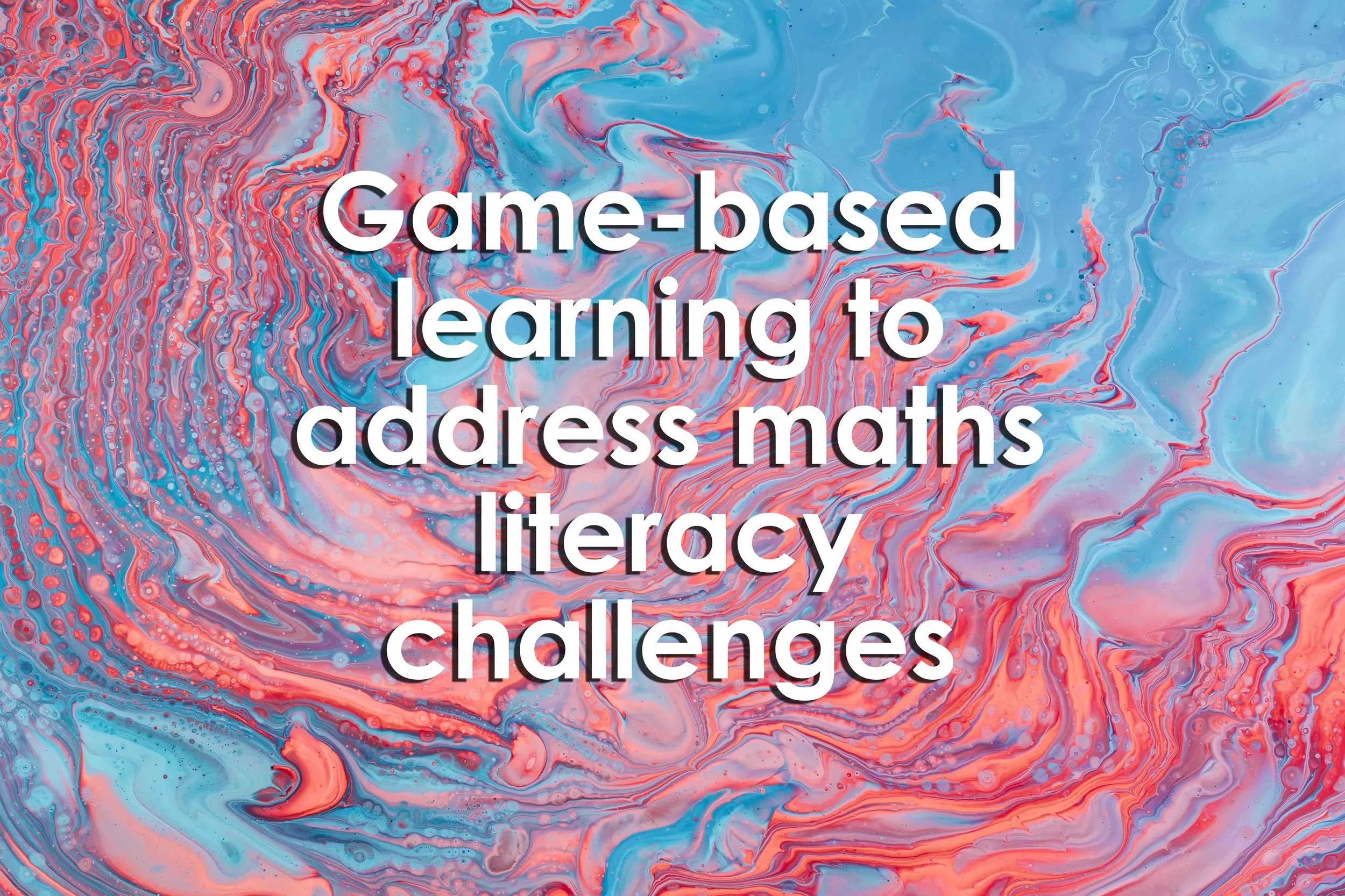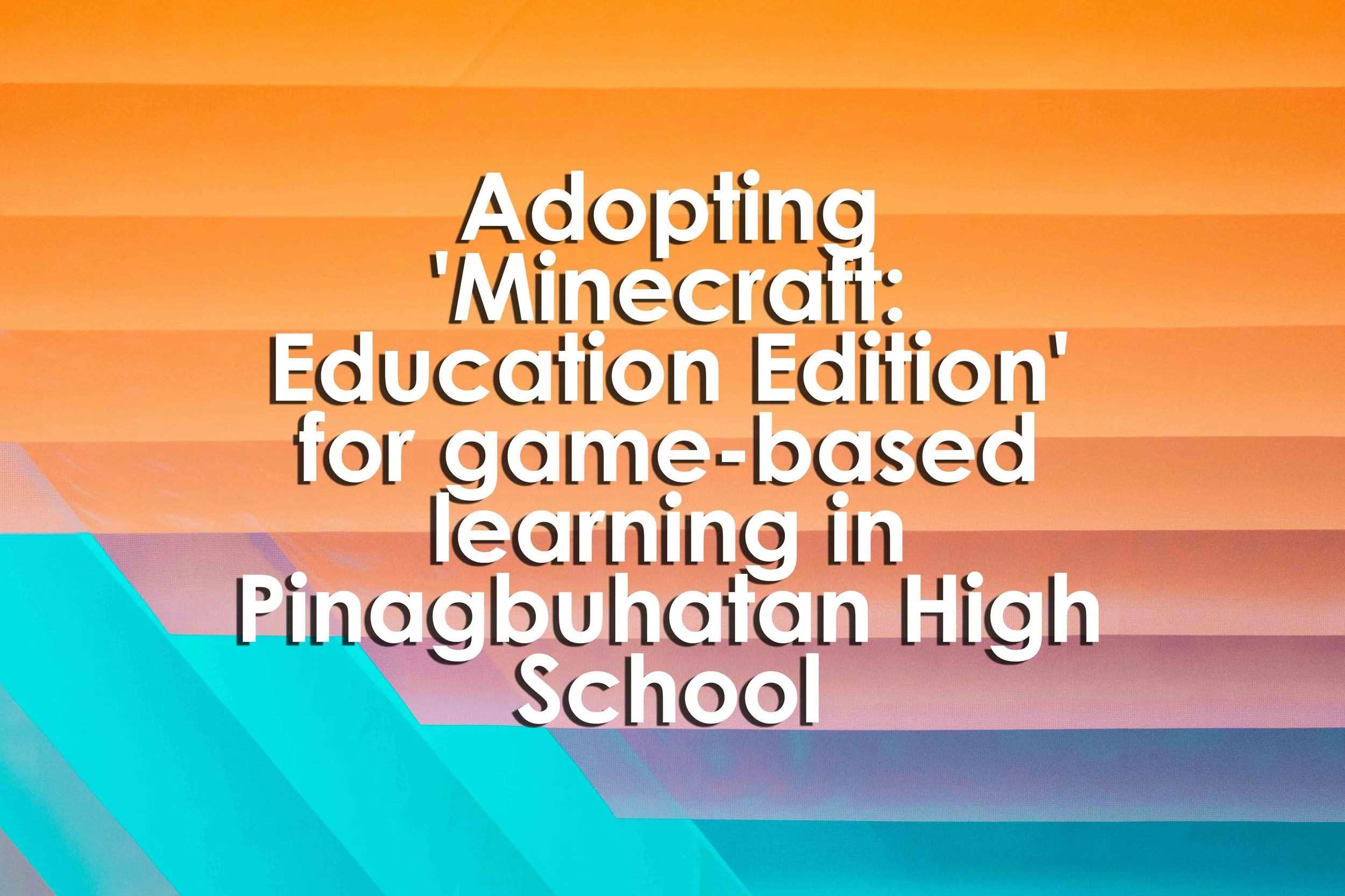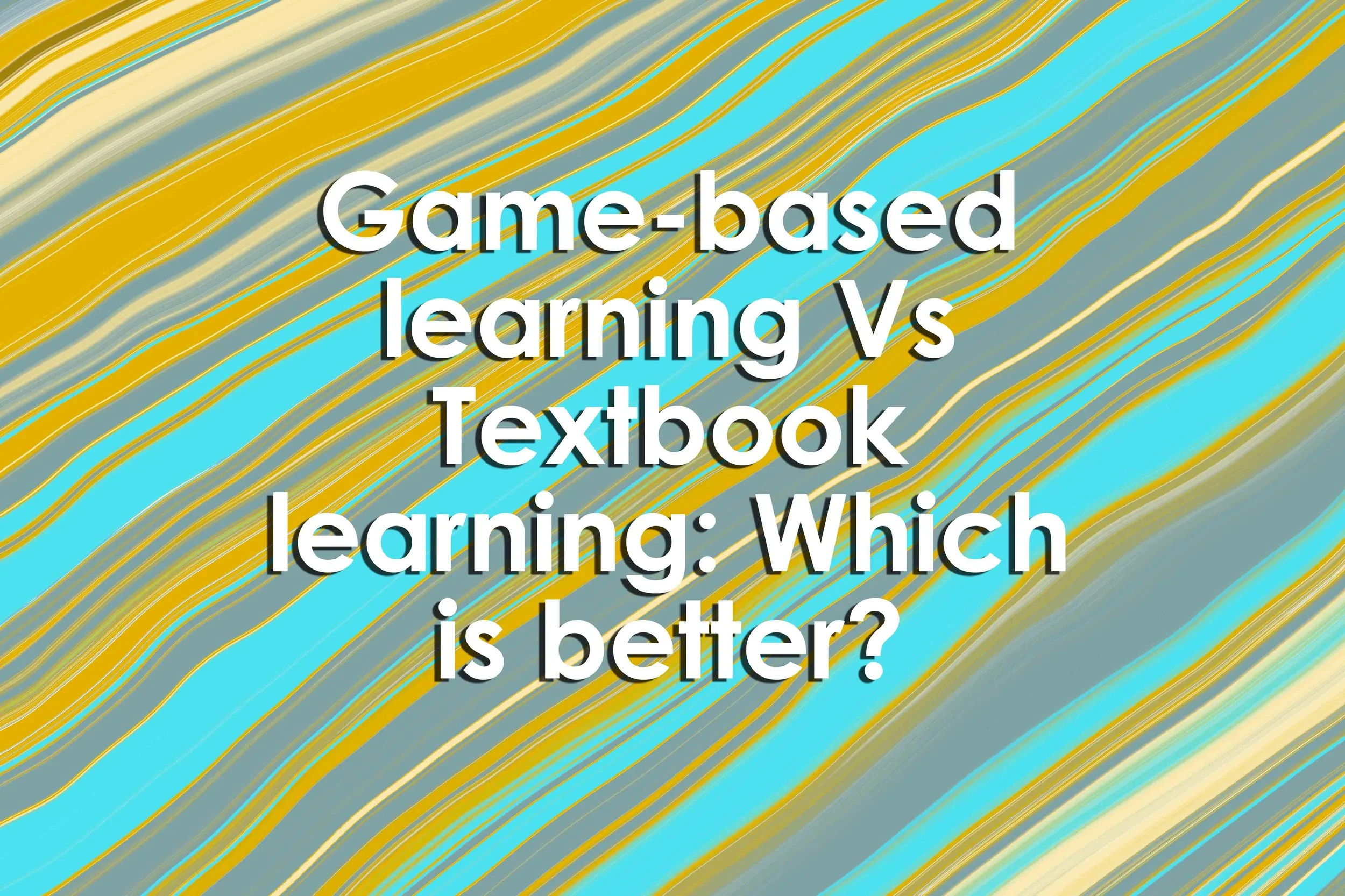Gamification v Game-Based Learning When choosing the best games for your Gameschooling experience, it is important to note the difference between Gamification and Game-Based Learning. Game-Based Learning uses game elements to teach a specific skill or encourage a specific learning outcome.
Read MoreMotivating students to learn through playing games and solving topics boosts the game-based learning market growth during the forecast period.
Read MoreEducators have leaned into game-based learning to try address maths literacy challenges among South African children.
Read MoreHow can we be sure to keep students interested and encouraged to contribute and perform well in assessments? The gamification of education, where you make learning more enjoyable and engaging for students by using game design features, could be the answer.
Read MoreGame-based learning is built on the idea of teaching through repetition, failure, and goal achievement which incorporates game features and concepts into the learning activities themselves. Students learning Economics, for example, can compete in a virtual stock-trading competition; difficult science concepts can also be made easier to understand using several games.
Read MoreIn game-based learning usually the lesson content is adjusted to fit the game, while in gamification game-like aspects are adjusted to fit the lesson content. For most of the games to be played in an online environment, a virtual classroom should be able to provide at least: video-conferencing, interactive online whiteboard.
Read MoreStudents are able to generate more robust knowledge through games than through traditional rote learning methods, provided that they are given the appropriate support by facilitators when engaging with the game environment.
Read MoreDesigning games may seem easy, but they are complex systems. It's based on the constructive learning principle of scaffolding. The player's cognitive load throughout the experience is an essential consideration in design.
Read MoreLaunched in 2010, SplashLearn claims that its content today completely revamps the existing curriculum and provides immersive content with rich context, embedded instructions within games, meaningful interactions, and innovative in-game manipulatives.
Read MoreA year ago, Nintendo released a remastered version of one its most loved Nintendo 64 games, Pokémon Snap. We've been raving about this game on DCW since it was first released, and the growing popularity of photography-based video games doesn't seem to be slowing down any time soon.
Read More"As teachers, we understand how much children enjoy playing games. To investigate this further, I intend to see if we can play games while learning to speak or write English. I was astounded to see how much fun youngsters had learning phonics, nouns, adjectives and other topics with the use of board games," said Daljeet Arora who teaches English in classes 1 and 2.
Read MoreThe Experience Of Corporate Education In the learning and development space, experts have long recognized that active learning experiences are better tools than passive learning. David Kolb's publications on his experiential learning theory in the 1980s were already making a case for concrete experiences and active experimentation being better learning tools than lectures and slide shows in which the learner takes no effectual role.
Read MoreIsn't Middle Eastern history too serious for games? The word itself carries associations like "The Great Game," a euphemism for the British and Russian confrontation in Central Asia in the 19th and early 20th centuries. Even today, military conflicts are sometimes likened to chess, and succession struggles in states like Saudi Arabia are called a "Game of thrones." Comparing wars to a recreational activity or children's play easily hides more than it illuminates.
Read MoreThere are many ways to leverage game-based learning to decrease the academic pressure on children and ensure that they learn with an understanding. The use of gaming with educational goals to support children's learning and growth is known as game-based learning. Game-based Learning or GBL is an ancient approach to help children learn and improve their knowledge in different areas of life.
Read MoreToday, 97% of Fortune 500 countries use game-based learning in the workplace to level up employee engagement. Incorporating games in the workplace can breathe new life into company meetings, and enhance the workplace culture and employee experience.
Read MoreChief Creative Officer at The Game Agency and The Training Arcade - exciting, engaging and educating audiences. With so many people into gaming, over the past few years, many corporate educators have prioritized game-based training in the workplace.
Read MoreGame-based learning environments can thus incorporate this framework and scaffolding that rogue-likes incorporate toteach the basics to the advanced skills in very quick successive loops. Concrete reasoning, deduction and analysis are encouraged, so that the player embeds their learning in an effort to move forward.
Read More"In a recent study, Johnson worked with students in her English Methods class to design, build and test an analog board game called Race to the White House. The teacher reported that her students needed more practice making claims based on evidence and anticipating counterarguments. The project offered the preservice teachers an invaluable opportunity to engage with high school students on an authentic learning project.
Read MoreGame-based learning bridges that gap by giving participants the opportunity to apply their learning in real-time. So in search of a powerful learning tool that meets today's demands of growth, I have discovered Game-Based Learning and here's why I believe GBL will change corporate learning for years to come.
Read MoreWhether you're interested in studying game-based learning as a teacher or a game developer, your first step should be understanding why and how games empower learning. The Arguments for Game-based Learning Engagement At the top of most teachers' lists for why game-based learning works is probably going to be the most obvious answer: they can be engaging.
Read More




















